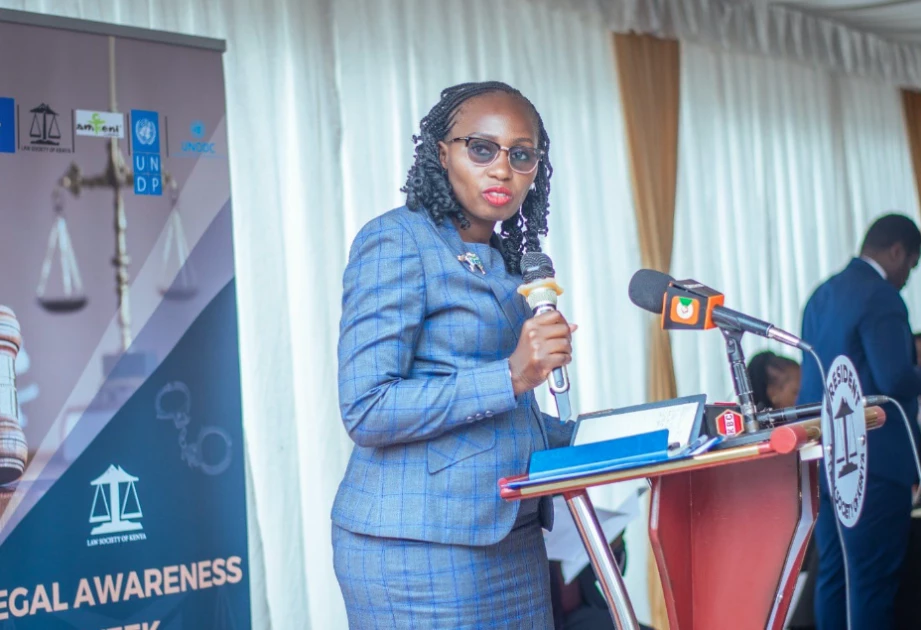The Law Society of Kenya (LSK) has released a comprehensive set of guidelines to assist citizens in navigating arrests and protests, emphasizing the need for safety, legal awareness, and non-confrontation. The advisory comes in light of the recent tragic death of teacher Albert Ojwang in police custody in Homa Bay County, and amid growing public mobilisation ahead of the anniversary of the June 25, 2024, Gen Z-led protests over the Finance Bill.
LSK President Faith Odhiambo urged Kenyans to remain vigilant and informed. “Let us be mindful of our rights and safety and that of others as we express and fulfil our rights,” she stated.
The LSK outlined key actions to take if arrested: individuals should stay calm, avoid resisting or insulting officers, and request the identification of arresting officers. Importantly, arrested persons have the right to remain silent, to know the reasons for their arrest, and to contact a lawyer. They are also encouraged to discreetly document the time, location, and names of officers involved and avoid signing any documents without legal representation.
The Society cautioned against resisting arrest, attempting to flee, bribing officers, or providing self-incriminating statements actions that could result in additional legal issues.
For demonstrators, the LSK urged peaceful and lawful conduct. Protesters should express their views through non-offensive chants and songs, remain within designated protest zones, and avoid confrontations. Demonstrations should occur between 6 am and 6 pm, and individuals are advised to move in groups for safety and accountability.
Further, protesters should avoid provoking police, damaging property, carrying weapons, or forcing participation from bystanders. The LSK also warned against spreading propaganda, hate speech, or misinformation.
The Society reiterated that while the right to protest is protected under the Constitution, it must be exercised responsibly and without threatening public order or safety.
To support those in distress, the LSK has provided a toll-free legal aid number, offering assistance to individuals arrested or in need of legal guidance during protests.
These guidelines serve as a timely reminder of the balance between civil liberties and lawful conduct, particularly in an era of growing public dissent.

